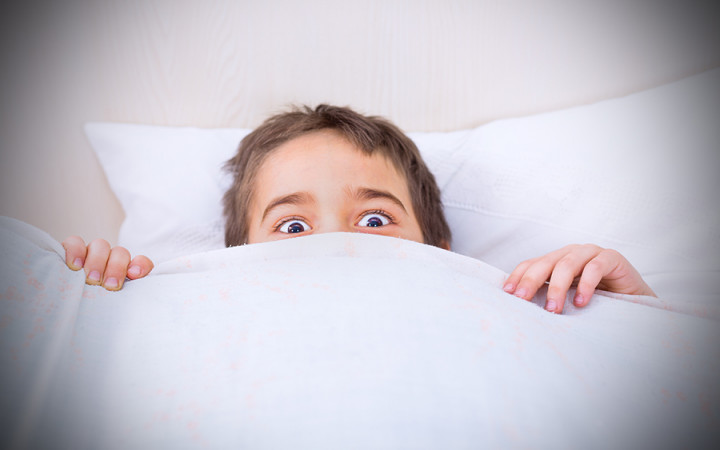Today’s Wonder of the Day was inspired by Mckenzie from Moline, IL. Mckenzie Wonders, “What is a "Hypnic Jerk"?” Thanks for WONDERing with us, Mckenzie!
Have you ever had one of those days when you could keep your eyes open? Perhaps you stayed up too late reading the night before. You try to concentrate, but your eyelids just feel heavy.
You feel yourself drifting off. Then, suddenly, it seems like you're falling and you jerk wide awake. Your heart may even be racing a little, and you might breathe heavily. What's going on here?
Don't worry! You're not freaking out, and there's nothing wrong with you. You're just experiencing a very common phenomenon that scientists estimate at least 70% of the population experiences occasionally.
This phenomenon goes by various names: hypnic jerk, hypnagogic jerk, night start, sleep start, and myoclonic jerk. Despite how common they are and how many people experience them, scientists still don't fully understand what causes hypnic jerks.
As the name indicates, a hypnic jerk involves involuntary muscle twitches in the arms, legs, or even the whole body. It usually happens just as you're drifting off to sleep and is often accompanied by a sensation of falling.
Some experts believe that our brains misinterpret what happens when our muscles relax as we're drifting off to sleep. The brain may think the body is actually falling and thus tenses the muscles to keep from falling, causing a hypnic jerk.
Others believe they may be caused by nerves misfiring during the normal bodily transitions that occur as you fall asleep. As your nervous system relaxes, your breathing slows and your body temperature drops. If nerves misfire during these processes, they could cause the muscle spasms we experience as a hypnic jerk.
Although we don't exactly know why they occur, scientists have identified several factors that they believe play a role in hypnic jerks. Some of these factors include too much stress or anxiety, drinking too much alcohol or caffeine, exercising too late in the evening, sleeping in an uncomfortable position, and not getting enough sleep.
Reducing these factors may help to prevent hypnic jerks. If you experience one, though, don't worry about it. Experts say you should just roll over, get comfortable, and go back to sleep!




